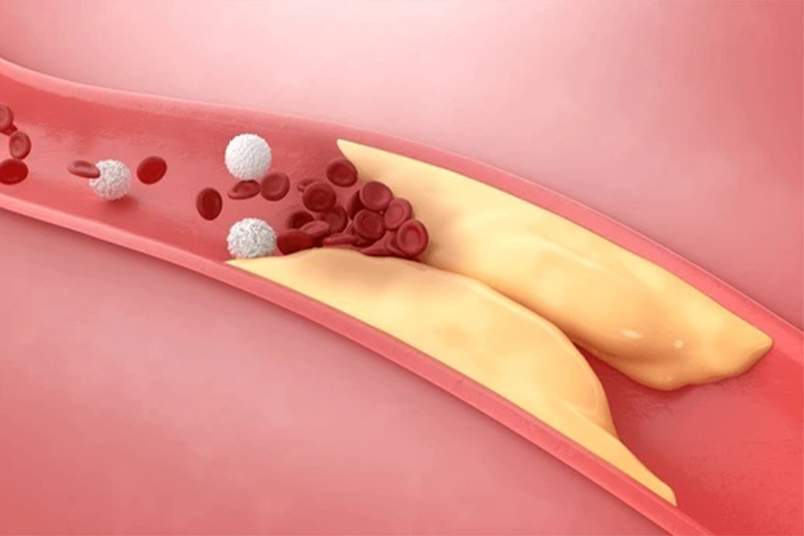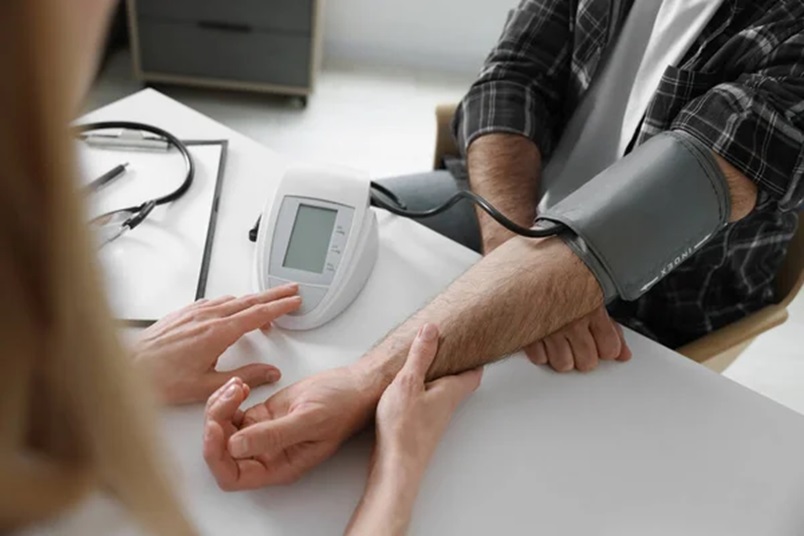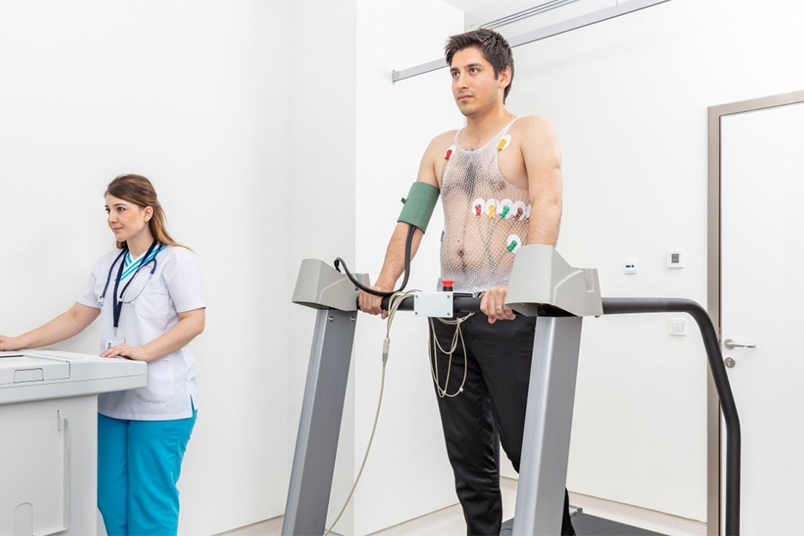Heart attacks and strokes are silent invaders that can create havoc in our life. We often tend to ignore imminent signs of a heart attack and endanger ourselves.
Many heart conditions and their causative risk factors often go unnoticed and undetected because of a lack of awareness for regular health screenings, including heart check-ups.
Preventative healthcare calls for health screenings from time to time that can find potential health issues before they develop into something more serious.
Need for routine heart check-ups

There are many advantages of having regular heart check-ups. Some of these are mentioned below:
Early detection of heart diseases or ailments
Lower chances of becoming ill
Improve overall health
Get access to the right healthcare treatment quickly
Predict chances of having illness in the future
Reduce overall healthcare costs
Receive best technologies and practices for your most current health issues
Who should get tested?

According to healthcare professionals, a person should undergo routine heart check-ups if he/she:
Reaches the age of 35 years
Has a family history of heart disease, diabetes, blood pressure, or cholesterol
Is obese or overweight
Leads a sedentary lifestyle
Has a smoking habit
Is under chronic stress
Follows an unhealthy diet
Parameters to monitor for optimal cardiovascular health

Blood pressure: This is one of the most important parameters for heart health screening because high blood pressure usually has no symptoms and can go undetected. If your blood pressure is below 120/80 mm Hg, be sure to get it checked at least twice annually, after the age of 20. A higher blood pressure requires more frequent checks and can be controlled through lifestyle changes and medications. Moreover, women above the age of 65 years are more likely to suffer from high blood pressure than men.
Blood glucose: High blood sugar levels can put you at a greater risk of developing insulin resistance, prediabetes, and type 2 diabetes. If left untreated, high blood sugar levels can lead to serious medical problems, including heart disease and stroke. Overweight people and those with at least one additional cardiovascular risk factor are advised to undergo frequent blood tests for measuring blood glucose levels.
Fasting lipoprotein profile (cholesterol and triglycerides): A fasting lipoprotein profile should be done every 4-6 years, starting at age 20. This blood test measures total cholesterol, LDL cholesterol (bad), HDL cholesterol (good), and triglycerides. People who are at risk of developing heart diseases, should get tested more frequently, especially older women.
Types of Heart check-ups

Routine screening tests: It includes routine screenings for blood sugar, blood pressure, cholesterol, and body mass index (BMI) measurements, based on the waist circumference and body weight.
Specific heart tests:
Electrocardiography (ECG)- Electrodes are attached to the chest to monitor the heart’s electrical activity and produce data related to the heart rate and rhythm.
Echocardiography- This test consists of an ultrasound machine that takes moving images to check the heart’s valves and assess the heart’s pumping function. The test notes the heart’s response to stress both before and after working out.
Exercise cardiac stress test- This test makes use of electrodes which are attached from the ECG machine to your chest. The heart’s response to stress is tracked when a person is running or walking on a treadmill or stationary bike.
Nuclear stress test- In this test, a small amount of radioactive element is injected into the bloodstream and the blood flow to the heart is seen with the help of an imaging machine.
Coronary catheter angiography: A catheter is a small tube that is interjected into the arm or groin area and runs a contrast dye into the heart’s artery. This test is carried out to find out if there is a blockage or narrowing passage in the coronary artery through X-ray images.
Coronary CT angiography: It is similar to the above test with the exception that a CT scan captures images of the heart’s activity.
Cardiac CT scan for calcium scoring: In this test, a CT scan is used to scan the heart’s electrical activity by forming images of the heart. This test also checks for plaque build-up in the coronary artery.
Ways to maintain heart health

Just going in for regular heart health check-ups will not ensure a healthy heart. Instead you should follow certain tips to maintain a healthy heart as mentioned below:
Maintain a healthy diet by eating a well-balanced food, rich in nutrients.
Refrain from smoking and tobacco consumption.
Avoid or limit use of alcohol.
Exercise regularly on a daily basis for at least 30 minutes.
Maintain body weight proportionate to your height.
Control your blood pressure, diabetes, thyroid, cholesterol, and other health conditions though proper medications.
Due to the changing lifestyles, we have become more prone to various lifestyle disorders such as diabetes, blood pressure, thyroid, cholesterol and even serious ailments like heart problems.
A good way to protect your heart from diseases is by going for regular heart check-ups. Make it a regular practice and keep your heart disease-free!
The name of KM NU Hospitals stands out as one of the best cardiology multispecialty hospital in Ambur. It is a name that stands out because it has the best cardiologists in Ambur. The heart specialists here are well-versed in the latest technology and medical information related to heart disorders. They guide the patients in a professional way to rid themselves of their current heart problems or risks of developing one by offering sound medical advice. Visit KM NU hospitals without delay if you are seeking the best cardiologist treatment in Ambur.
References:
Heart health: Why is it important to have routine heart check-ups? Specialist Hospital. https://specialisthospital.in/blog/heart-health-why-is-it-important-to-have-routine-heart-check-ups/. Accessed on 9 October 2023.
Regular health checks. Better Health Channel. https://www.betterhealth.vic.gov.au/health/servicesandsupport/regular-health-checks. Accessed on 9 October 2023.
Time to book a heart health check? Heart Foundation. https://www.heartfoundation.org.au/heart-health-education/heart-health-checks. Accessed on 9 October 2023.
What are the benefits of regular heart check-ups? Health-e. https://health-e.in/blog/heart-check-up/. Accessed on 9 October 2023.
Author: Dr. Vignesh Sukumar
